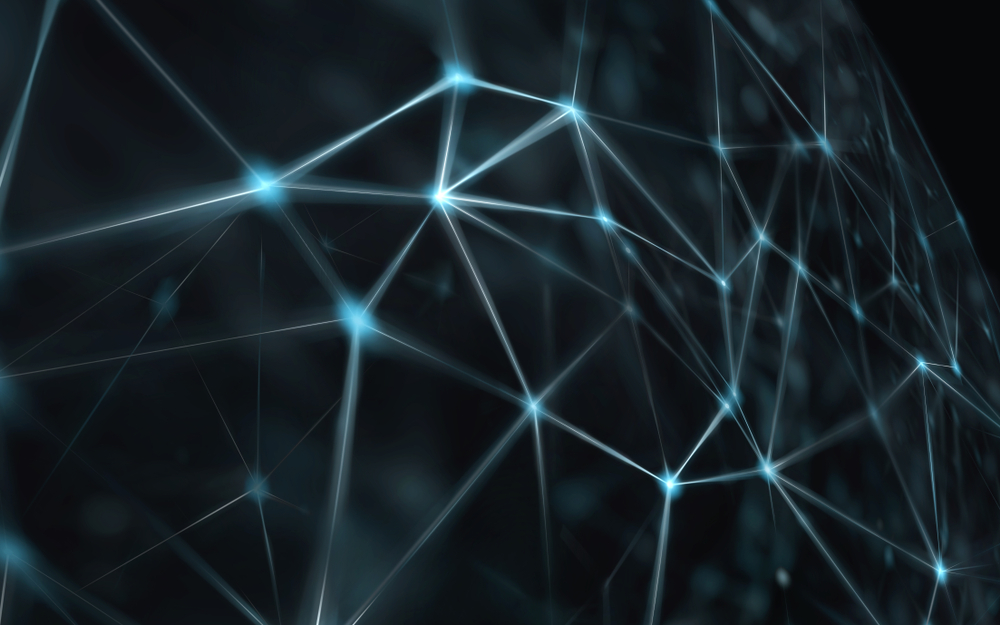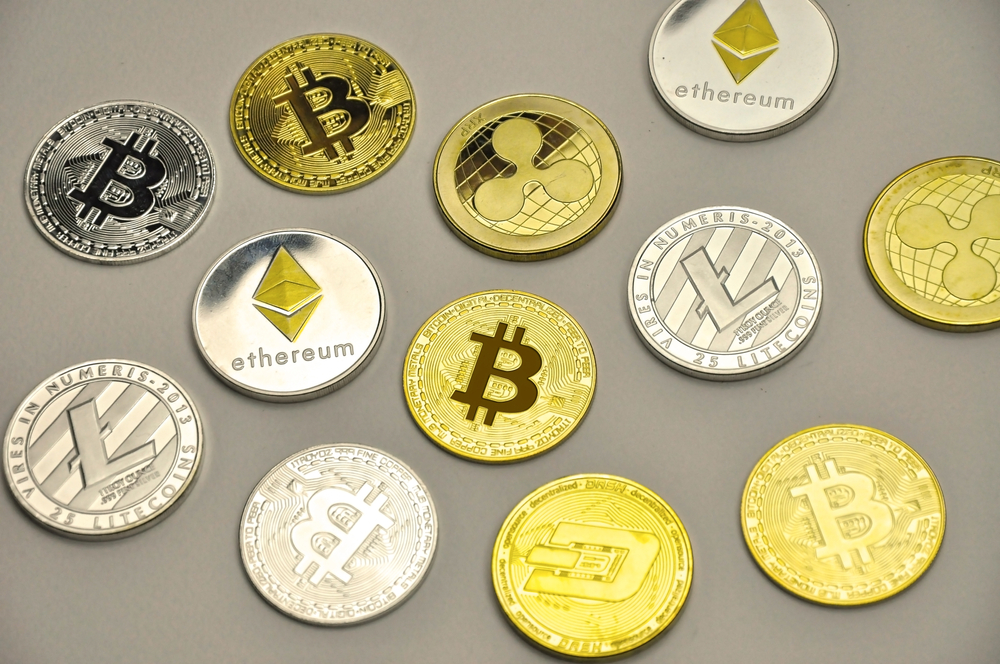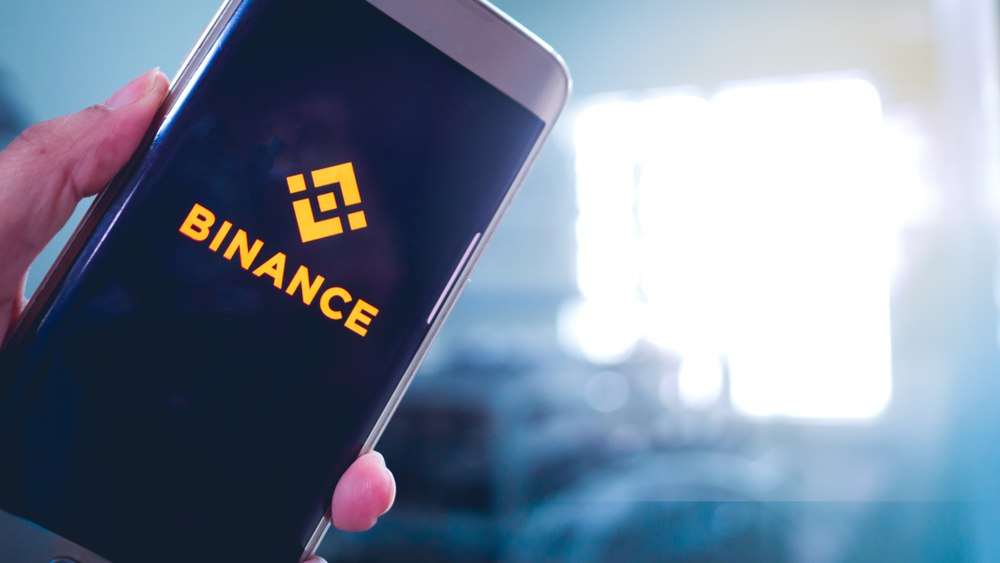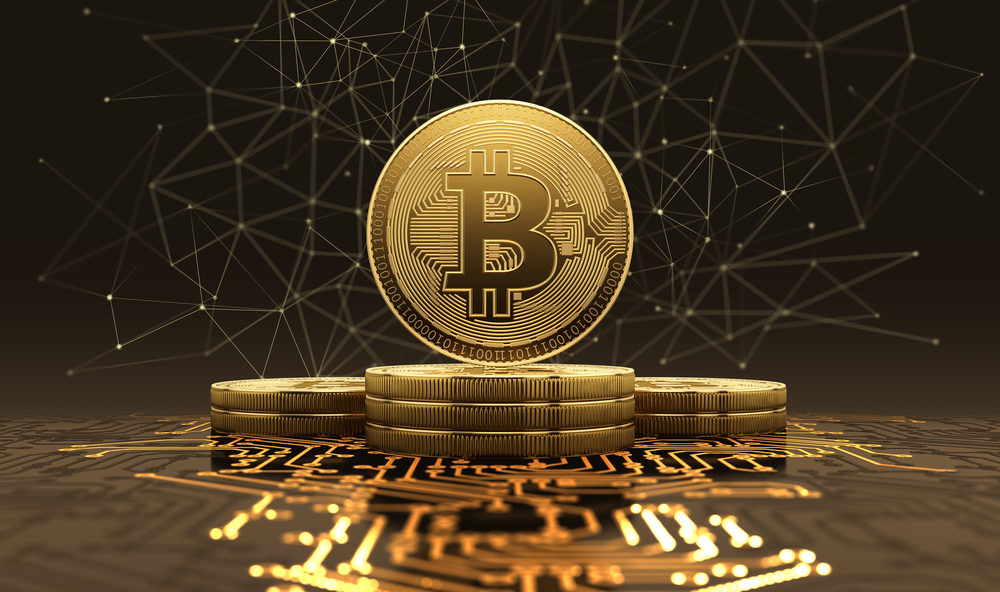Blockchain technology is a fairly new regime within the crypto world and there is a lot that needs to be done still if the technology is to thrive and become ample moving forward. The management-oriented aspect of blockchain technology singlehandedly is a deal breaker for various businesses out there considering enrolling in blockchain technology as a way of moving forward.
There is a lot to be considered and done such as catering to the division of the on-chain and off-chain data. You need to interpret and keenly assess the blockchain data with that of the real-world numbers and make sure that both of these actually sync.
Because if these don’t then you have got yourself a broken system that is not portraying real-life numbers and that destroys the purpose of going with blockchain technology in the first place.
What is an Oracle?
An oracle is a significant tool that can help you with this conundrum. You can easily connect real-world data with blockchain information and make everything synced with each other in a pretty harmonious fashion.
It actually makes the transition from common computing technologies to blockchain technology a worthwhile endeavor for businesses out there thinking of implementing this change.
Introduction to Blockchain Oracles
As explained earlier an Oracle is a piece of technology that is aimed towards syncing the outside data with that of the Blockchain’s data to achieve a sense of computing harmony between the two. This data then can be used successfully by the blockchain environment for the sake of completing transactions in a consistent and automatic fashion.
Oracle provides with both and that is a sense of automation and a sense of connection in the blockchain business. Any type of random data can be well communicated by these Oracles, these can take the present rate of a dedicated cryptocurrency, its market cap, or any other such metric and inform the blockchain of any turbulence or change in this ecstatic value over time.
Most of the time this information that the oracles provide the blockchain with is going to be automatically interpreted as a smart contract which then is executed based on the data provided by the oracle to the blockchain.
These oracles work both on the hardware and software and have their own unique way of communicating with whatever element comes into their communication. Also, there are many different forms of Oracles, some are only arched toward providing data to the blockchain, some take data from the blockchains, and so on so.
Most of the time these oracles are going to be decentralized which means that they don’t have a particular working center and have no centralized identity. This very thing allows Oracles to be able to become a flexible medium that the users can modify according to their specific needs.
Working Mechanism of Blockchain Oracles
The main working mechanism of these Oracles is kind of the same no matter what specific type you are referring to or interacting with. But often times there could be a slight deviation from the main mechanism especially if a user has edited or modified a specific Oracle according to their needs.
Another thing that should be made clear here is the fact that these Oracles are not necessarily placed onto the blockchain that they are communicating with.
This is one of the approaches for sure but the best way to link an Oracle with a blockchain is to connect it in parallel with the blockchain taking power from its own unique data source rather than relying completely on the blockchain for the task. You can think of these as a blockchain-oriented version of an API.
These Oracles do use a unique data source from where it queries the information that is to reach the blockchain itself and in the same fashion, it does carry back the data acquired by the blockchain to the data source.
Whenever a new data string is carried to the blockchain by the Oracle the blockchain is going to authenticate the source of the data and the execution on a specific data set will only take place once the authentication is done, otherwise, it would be treated as a false data set and blockchain will discard it.
Oracles can also send the information received from the blockchain back into the real world and so on so. It doesn’t necessarily have to work as a mediator between the blockchain and a dedicated data source as it can perform various other functions of the blockchain on its behalf.
Significance of Blockchain Oracles
Most of these Oracles are an integral part of the blockchain media and in most cases, the blockchains themselves can’t work if it weren’t for the Oracles providing consistent input of data from the outside world.
The very significance of the Oracles is that these act as a bridge between the said blockchain and the data source from where the data is being fed to the dedicated blockchain. And not only this but these Oracles do often carry the information back from the blockchain to the data source and so on so.
To understand the importance of the Oracles let’s wipe away the foundation of Oracles completely from the blockchain world. Now when there are no Oracles the blockchains are closed systems that can’t perceive the events taking place outside these nor can they change or alter their response or functioning anymore.
To better understand why it is important to embed Oracles into the blockchains out there, let’s take a look at the following applications of the Oracles as it would make the case a bit clearer.
Applications of Oracles
A very important function of an Oracles is to use the cryptocurrency present on-board with the contracts that are drafted and executed in the real world. A financial element of the decentralized world is a cryptocurrency being used by the Oracles to pay for a deal that is taking place in the centralized regime.
Suppose you are buying an apartment from a completely unknown person. You don’t have any references for them nor can you trust them with such a huge check without first securing the documents of the apartment duly signed by the part to your name.
Now what you can do here is to set up an Oracle and place all of your funds within it. you can then ask the other party to complete all the paperwork and provide you with it and as soon as you get it the Oracle will release the funds and these will land in the bank account of the party from whom you have bought the apartment. Everyone is happy with the outcome, and no one had to jump on this deal blindfolded or in a haste.
Overseeing Real-world Events
In the same way, these Oracles can be set up for various other purposes. Suppose you are into making random deals with various kinds of people online. In some cases, they have to wire you money but in others, you owe them some and you need to do the same.
For example, if you asked your friend to provide them with five or ten crypto tokens if a specific sports team whom you were rooting for were to win, here an Oracle can be of huge help.
The Oracle that you have set up here would then continue to monitor the game online and either pay up the cash in the event that you lose or invoice your friend if the odds were to tip in your favor.
Execution of Agreements
Oracles can be used to make sure that the casual agreements that you have drafted with various people out there can be executed without any hassle. One such example would have to be the management of derivatives, risk management as well as insurance claims.
If you have invested in agricultural derivatives then you can set up an oracle that will continually monitor the weather set on a particular crop type.
And if the weather conditions get too unfavorable for the said crop then it will sell your position before things get way out of hand thus saving your neck from being lopped off in a serious market disaster and allowing you to make a swift getaway.
Crypto Investment
Another pretty significant use case of the Oracles is their application within the crypto investment world. You can set up a dedicated Oracle which will keep track of all of your crypto-oriented interests, such as all the investments that you have done within many different cryptocurrencies or stocks or even forex entities.
It can then scan the internet continually for grabbing the most recent insights about those specific items. If there is an appreciation within the value of the invested items then it can sell all of these for you or a dedicated portion of these which you can program into the Oracle.
On the other hand, if the market is in turmoil which means that the prices are declining fast then it can sell all of it or a dedicated portion of it already programmed into the Oracle to save you from a swift loss at the hand of a bearish market.
If you are a crypto-savvy investor and are always looking for more stuff to buy or invest your money into then Oracles are the best possible vehicle for you to hop into. These will help to keep your portfolio diverse across the board while all of your asset classes are up to date with the present market trends.
Types of Oracles
There are many different types of Oracles out there. All of these do have a specific function and have a keen sense of allotment to the specific blockchain that they will be serving. Following are some of the important types that you should keep an eye out for;
Software Oracles
These are the most common types of Oracles out there and are being used consistently y blockchain developers as well as businesses hopping onto the decentralized bandwagon such as dealing with DeFi space or even the crypto market.
These do rely on the software to connect with the external sources of information and then feed the procured data to the specific blockchain that these are serving. These provide connections to and from websites, databases, and even computing servers out there.
The main source of information is the public information already made available by the people out there. Weather fluctuations, flight data, market factors, and exchange rates are a few of the things these Oracles can help provide time-sensitive information about.
Hardware Oracles
These Oracles require a bit more setup or hardware-oriented equipment to set up because of their diverse nature. A hardware-oriented Oracle might use a barcode sensor, an RFID sensor, thermometric calculators, retina scanners, or other such equipment. This is the reason why these are termed hardware Oracles.
These Oracles do feed the information being collected by these different device types to the very blockchain that these are serving. The maintenance of these Oracles is a bit tricky but at the end of the day, these are definitely the money’s worth invested by the user.
Outbound Oracles
As the name implicitly negates these are the Oracles that collect information from a specific blockchain media and then transmit it to another data system that has been associated with the blockchain.
At the end of the day, these Oracle systems are extremely complex, and based on the information that is being collected by the blockchain to which the Oracle has been connected you can instruct the receiving system to perform a specific task based on the data set.
Inbound Oracles
Basically, the inbound Oracles are the ones that are carrying all the information from a specific data set to the very blockchain that these are connected to. This is a one-way street which means that only the transmission of the information to the blockchain by the Oracle can take place and not the other way around.
These Oracles help the users to infuse the blockchain with real-world information and then allow the blockchain to correct or reiterate itself based on the data collected.
These are more important as compared to the outbound Oracles because these are basically instructing the blockchain to whom these are connected how to function in correspondence with the data set that was received.
Centralized Oracles
The word ‘centralized’ here can actually refer to two different things. It can refer to either the controlling entity of the Oracle or that of the blockchain as being centralized or the source of information or the data set with which the Oracle itself is communicating as being a centralized or a localized data set.
Basically, if it is a single person or an organization that is controlling the Oracle or has helped to set it up then it is a centralized Oracle.
In the same fashion, Oracle is being termed as centralized as well if it is collecting all the information from a single source. In most of the blockchain Oracles working out there some sort of centralization is definitely present without any question.
These Oracles are not considered an ideal approach by crypto enthusiasts because of their centralized nature. It means that these can be hijacked from a single elementary source and can hurt the systems attached to it too.
Decentralized Oracles
Now, these are completely opposite to the centralized Oracles. These Oracles are able to function without the need to trust all the parties that are involved. It just assumes that all the parties are working in good faith and are legitimate.
The ultimate function that needs to be performed with any specific Oracle is to be able to develop smart contracts that have all the relevant information it needs to execute itself. Multiple different data networks need to be established and a variety of different participants need to take part in establishing the very network of these Oracles and a consensus can be reached before the development of the smart contract itself.
It is a rather time-consuming process with multiple nodes of failure and redoing the whole thing from scratch if the system fails to reach a state of consensus.
Conclusion
All of these different Oracle systems have the ‘Oracle problem’ which is essentially the fact that the compromising of a dedicated Oracle will also lead to the corruption of the smart contract that it is carrying in it resulting in damaging the trust factor of the decentralization and the blockchain technology.
But it must be stated here that these are the centralized Oracles that have a higher risk of being compromised because of their single point of failure as opposed to the decentralized Oracles.











